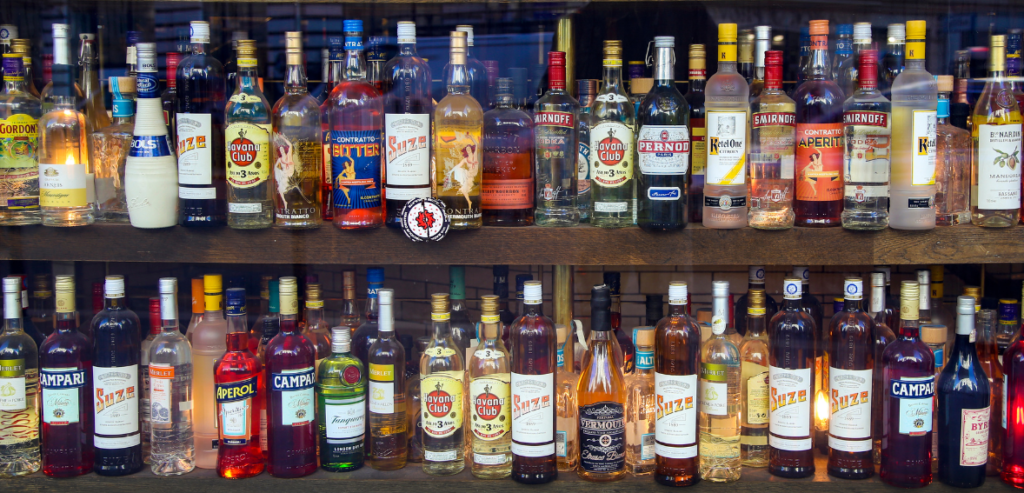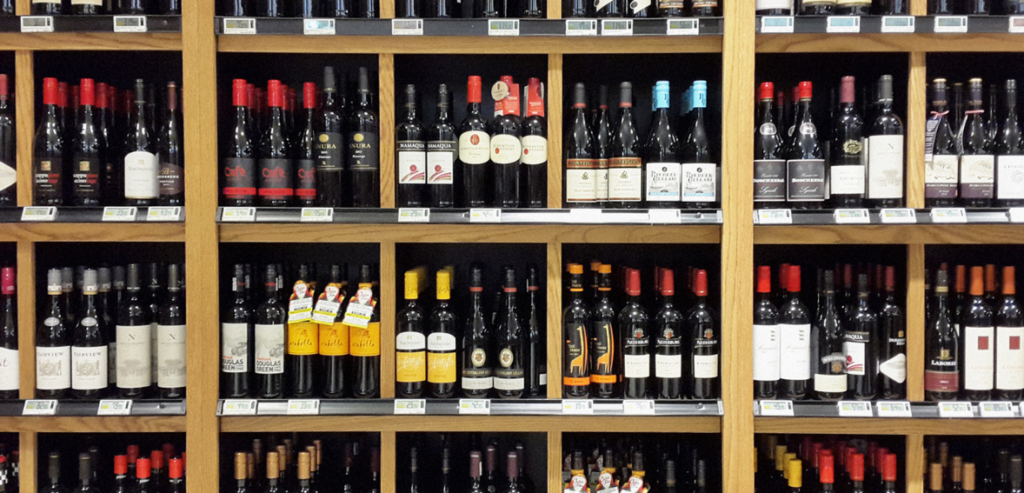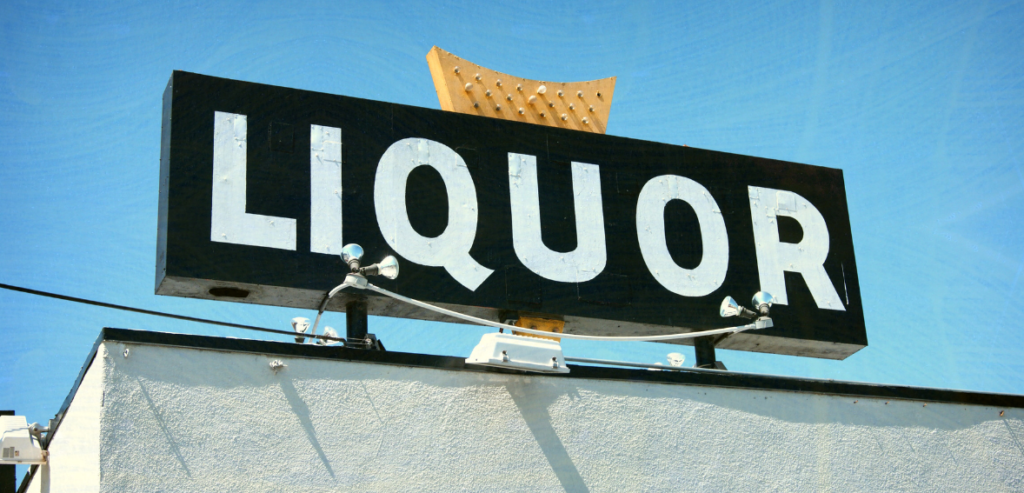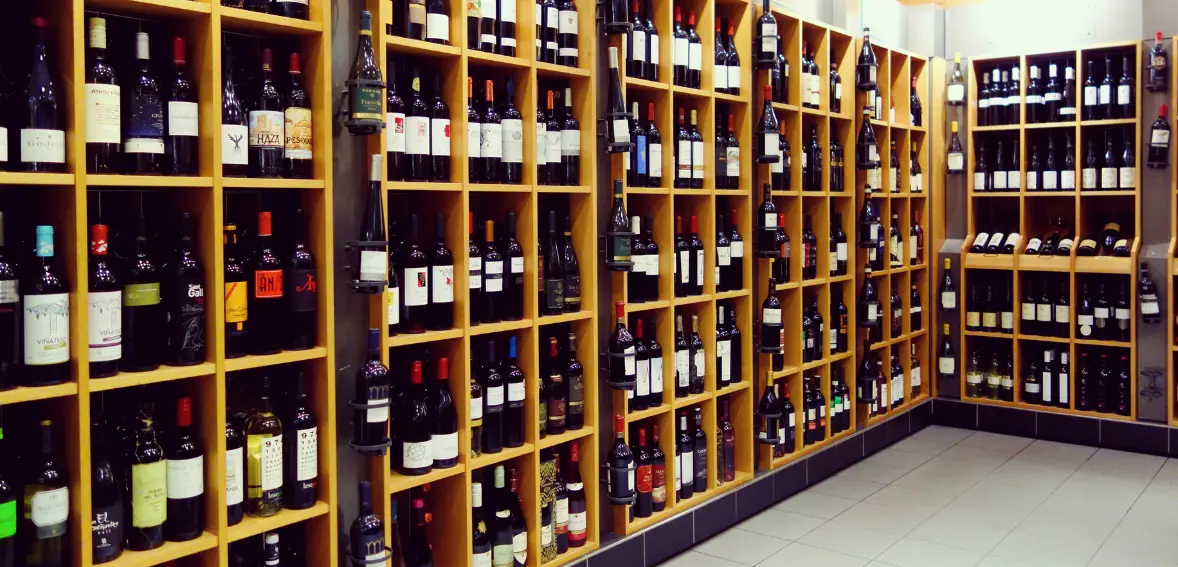Owning and running a liquor store can be one of the most stable business opportunities if you do it right. However, the liquor industry faces way more challenges than any other regular business, mostly because you need to abide by state and federal laws and be legally compliant.
But the good news for any successful liquor business is that it comprises dedicated and hardworking employees who are highly motivated and have an excellent understanding of their business. Moreover, the workers at a liquor store are well aware of the various pitfalls they might face, and hence, avoid all those obstacles in each of their activities.
If you have planned to run a liquor business, you are not just brave and confident, but you possess some unique skills and creative interests that are bound to take you further! While there are several challenges of running a liquor shop, it has many more advantages. So, here are some pros and cons of operating a liquor business you need to know.
Running a Liquor Store – The Good
1. Low Competition
Due to the strict state and federal regulations, there is much lower competition among liquor businesses, which is why they make good sales throughout the year irrespective of the season.

As per the 21st Amendment, the US federal government has provided every American state with the right to regulate and control the importation, distribution, promotion, and sale of alcohol within its borders. This means every American State has the power to exercise those rights as per their convenience.
However, almost all the states in the United States restrict the number of running and active liquor stores in a particular geographic location, especially in and around the smaller towns. It enables the state government to prevent the people from getting overtly tempted, which often results in serious health hazards and accidents. Additionally, this move is beneficial for the liquor store owner.
The good news is, that once you get the liquor license, it is less likely that other liquor shops will be opening up nearby anytime soon. This is of the greatest advantage to liquor businesses, considering that there are very few businesses having such low competition in a specific location.
2. Recession-Proof
Liquor businesses are recession-proof. This means even if the nation’s economy takes a drastic turn, you can always manage to have enough sales due to high demand. People have the habit of turning to alcohol occasionally whenever they need to relax.
3. Stable Inventory and Product Shelf-Life
Unlike grocery stores or bakeries, alcohol businesses enjoy the advantage of having an extended shelf-life for their products. This is because many liquors don’t have an expiry date, and in fact, some drinks need to be stored for long periods to offer customers an enhanced taste.

This also means you can have money to buy more drinks in large quantities without fearing expiry dates. Some liquor might be way more delicious if stored for long.
4. Year-Round Demand
Be it a birthday or anniversary party or a performance celebration at work, Americans have always liked the idea of enjoying alcoholic events and get-togethers. Unlike many products, such as Halloween decorations or fireworks, alcohol is not seasonal.
Almost every other religious or national holiday means small parties and small groups celebrating their off day from work with alcohol. Even if there is no one around, one can bring in a bottle of wine or whiskey, which becomes a lovely companion!
5. You Can Do Well Without Advertising
Although it’s always a good idea to advertise and promote your products, especially if you have a new drink to launch, you can, however, still manage to do quite well without one. You don’t need to spend millions of dollars on advertising your liquor brand and your products since customers will automatically know your presence.
So, instead of making unnecessary expenses in putting up banners and hoardings, you can focus on enhancing your customer experience. Hosting occasional events won’t be a bad idea though, in which you can distribute free samples of a new product to entice your customers to try more of your unique beverages.
Running a Liquor Store – The Bad
1. High Inventory Costs and Initial Investments
The initial setup and real-estate costs are quite high, and so are the inventory management costs. If you don’t have a strong financial backup, you won’t be able to do your startup. Make sure you fund your business appropriately considering all the resources you need.

2. Location Constraints
The fate of your liquor business depends largely upon the location you are serving. You must be aware of the potential licensing issues. Also, if you open your store near a competitor, you might face reduced traffic, which might force you to reconsider your prices if you are new to this industry.
Lowering your price charts also means reduced profitability, in which case you can consider selling other products like snacks, lottery tickets, tobacco, or recharge cards.

3. Alcohol Distribution is Highly Regulated
As discussed above, the state has imposed some distribution restrictions on liquor businesses, especially on the total number of stores in a particular geographic area. Moreover, the Alcohol Control Board ruling over each US state has set some specific rules regarding alcohol retail sales within their borders. New business owners might have difficulty abiding by these strict regulations.
4. Owner Involvement is Necessary
One of the biggest downsides of running a liquor business is that the involvement of the owner is equally necessary as that of the employees. If you own an alcohol store, you will need to work really hard to bring in enough sales.

You need to work as long as your employees or even sometimes longer to make a good living. It is not a business that can earn you some passive income without proper involvement of the owner. Unlike other businesses, the profit margins associated with a liquor business can be low if the owners are not involved full-time.
However, if you have the passion and love engaging with new enthusiastic customers, you will love to explore the numerous possibilities the liquor industry has in store for you! So, go ahead and take the risks if you are confident and passionate, while also enjoying the benefits and cash you receive at the end of the day!
What Are The Earnings Potential In The Liquor Store Business?
Wondering about the earning potential of a liquor store business? Let’s break it down. For each product, aim for an average sale of $20. If you’re running an online store, target a profit margin of 25%-30%. However, if you opt for a physical location, expect a margin of about 10%-15%.
In the initial years, consider operating from home and selling around 200 products online weekly. This could result in an impressive annual revenue exceeding $400,000, translating to a profit of $120,000, assuming a 30% margin. As your business grows, you might decide to establish a physical liquor store, hire staff, and witness an increase in daily sales to 100 products. With an annual revenue of $1,000,000, your profit, given the 15% margin, could be close to $150,000. These figures provide a glimpse into the potential financial success of a liquor store business in its early stages.
Current Market Trends Of Liquor Industry
- The Rise of Ready-to-Serve Cocktails Sparks New Category Growth
In the United States, the surge in at-home cocktail consumption has propelled spirits sales to unprecedented heights, particularly due to the widespread popularity of cocktails. Notably, the ready-to-serve category emerged as the fastest-growing segment in 2022, with premixed cocktails experiencing the most significant uptick.
This trend hasn’t gone unnoticed by retailers, with 71% of those surveyed acknowledging that the permanent shift in growth within the RTD category has influenced their stocking strategies in terms of both product selection and placement.
- Premiumization is the New Norm
In the U.S., consumers are exhibiting a dual trend of indulging in premium alcohol while seeking discounts at the lower end of the spectrum. This premiumization trend has positively impacted revenue across the main categories of spirits, beer, and wine. Impressively, almost 82% of the total revenue increase in the U.S. spirits industry stems from selling high-end spirits brands.
Similarly, the wine category experiences a boost from premium offerings, with sales of $20+ bottles surpassing lower price points. This consumer behavior reflects a nuanced approach to alcohol consumption, where individuals are willing to splurge on quality while seeking value at the lower price tiers.
- Revitalizing Wine Branding
Connecting with Millennial and Generation Z consumers has proven to be a challenge for the wine market. The traditional appeal of wine seems to have diminished among these younger drinkers, prompting producers to reevaluate their branding and labels. Even well-established and widely recognized brands are actively updating both their products and marketing strategies to attract a new wave of consumers.
The wine aisle can be a daunting experience, even for seasoned wine enthusiasts. This underscores the importance for popular brands to stay abreast of innovations and cultivate branding with compelling messaging and visually appealing labels that resonate with an ever-evolving market.
- Trends in Alcohol Sales
In recent years, the consumption of alcohol at home has surged, leading to triple-digit growth in online alcohol sales. While growth rates in the alcohol e-commerce channel are expected to moderate in the coming years, the overall trajectory remains upward.
This channel continues to be a significant contributor to the total beverage alcohol market, evident from substantial investments in e-commerce, especially in on-demand services in the US and Europe. Brands are keenly exploring these platforms to extract valuable data insights into their target consumers.
- Expect More Experimental Flavors
While non-beer products dominate emerging markets, beer remains a steadfast choice for a diverse consumer base. In the past year, 36% of consumers reported an increase in their beer consumption.
Looking ahead to 2023, brewers are set to adopt experimentation with flavors. Anticipate encountering beers infused with chocolate, chili pepper, and fruits, offering consumers a more adventurous and diverse beer-drinking experience.
Conclusion
The stability of the industry combined with competition and its ability to withstand downturns presents appealing benefits. However, there are many obstacles to overcome, such as initial expenses, strict regulations, and the need, for active owner participation.
To achieve long-term success in this evolving industry it is essential to stay abreast of market trends including the growing popularity of serving cocktails and the shift, towards premiumization. By adopting change experimenting with flavors and catering to consumer preferences businesses can thrive in this field.
Frequently Asked Questions
Q: Is owning a liquor store a profitable business in the USA?
Running a liquor store can indeed be a lucrative venture with the right management and business strategies in place. However, it's crucial to be mindful of specific challenges associated with liquor stores, including a high risk of theft, age verification concerns, adherence to regulations, and intense competition.
Q: What is the profit margin typically seen in a liquor store?
Profit margins in liquor stores can be optimized in various ways, including a strategic product selection. Generally, beer often carries a markup ranging from 20 to 30 percent, while wine could be marked up by as much as 40 percent.
Q: Why Should I consider opening a liquor store business?
Several compelling reasons make opening a liquor store a viable option:
Recession-proof nature
Inventory with a long shelf life
Non-seasonal demand
Opportunity to stock competing brands

